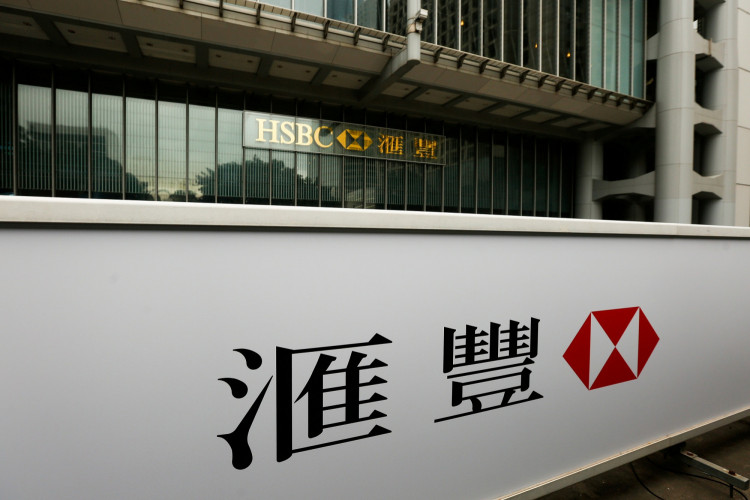HSBC is the latest foreign company to take advantage of China's opening up measures as it is set to take full control of its Chinese life insurance joint venture company called HSBC Life Insurance Company. The British investment bank announced on Monday that it has agreed to fully acquire its joint venture in China as part of its efforts to further grow its business in the region.
While the company is based in London, it generates most of its revenues in Asia. The deal to acquire the remaining 50 percent stake in its life insurance joint venture would allow the company to further diversify its revenue streams. HSBC agreed to purchase the remaining stake from its Chinese partner National Trust for an undisclosed amount. Other details regarding the transaction were also not disclosed.
HSBC formed the 50-50 joint venture company with National Trust back in 2009. As of last year, the joint venture had a registered capital of over 1.03 billion yuan or roughly $146 million. The company is actively operating in nine mainland cities, including Beijing, Shanghai, and Shenzhen.
The decision to acquire the joint venture, which is also known as HSBC Life China, is the bank's latest move to shift its business more towards rapidly growing markets as part of its massive overhaul strategy. In February, the company announced that it will be conducting massive changes within its business and moving away from capital-intensive endeavors and markets.
The bank's chief executive officer, Noel Quinn, mentioned in a statement that the acquisition of the joint venture is in line with the company's ambitions to grow its business in Asia, particularly in the rapidly growing Greater Bay Area. The executive added that despite the challenges posed by the economic downturn and global coronavirus pandemic, the company is still committed to implementing its long-planned growth strategy.
The global banking industry is currently struggling to cope with the economic effects of the pandemic, with most being forced to set aside billions of dollars to cover potential loan defaults in the coming quarters. The pandemic has also disrupted global economies leading to central banks cutting interest rates to historic lows.
HSBC previously announced that it has set aside over $3 billion during its first quarter as provisions for incoming bad loans globally. In Hong Kong, the bank's biggest market, bad loans during the quarter only amounted to about $200 million. In light of the health crisis, HSBC was also forced to halt part of its overhaul strategy, including the cutting of more than 35,000 jobs. However, the company still moved forward with some parts of the strategy, particularly those involving cost cuts and the reshuffling of senior management.






